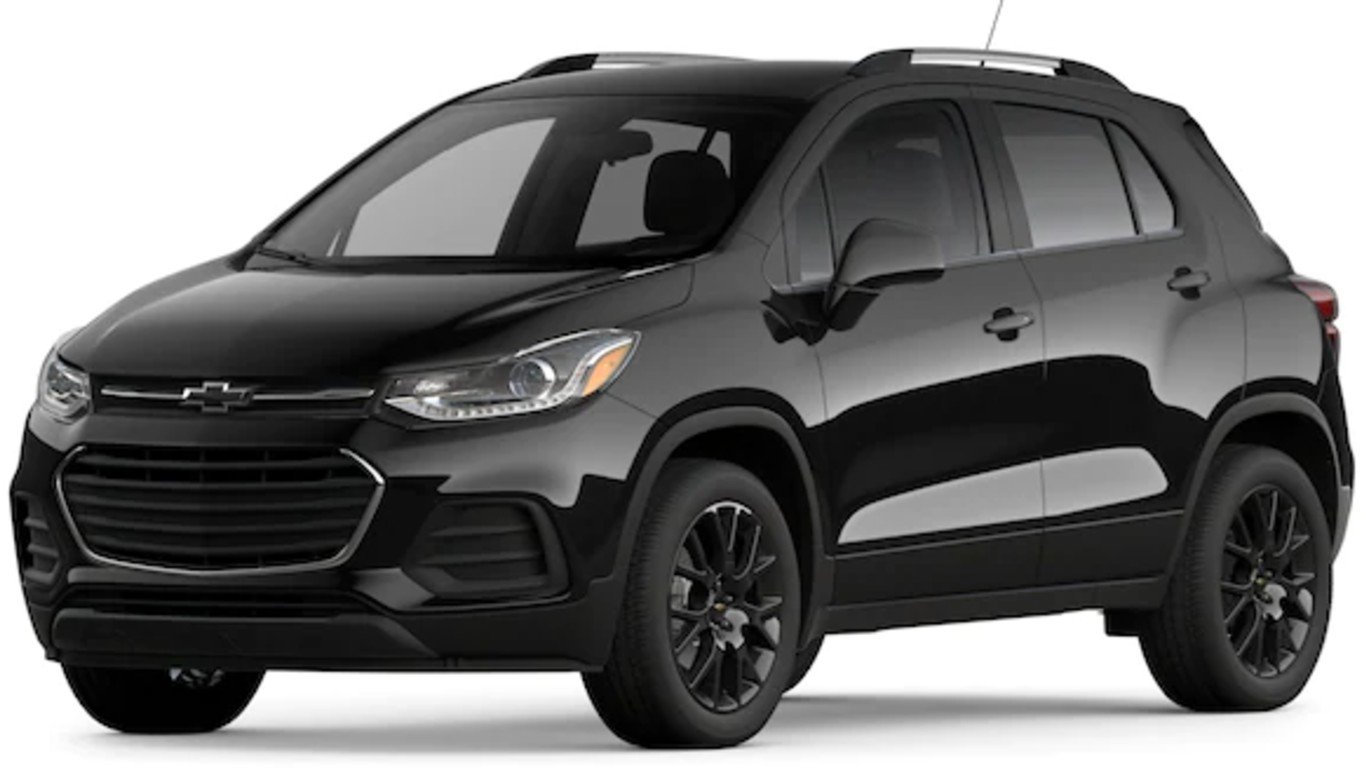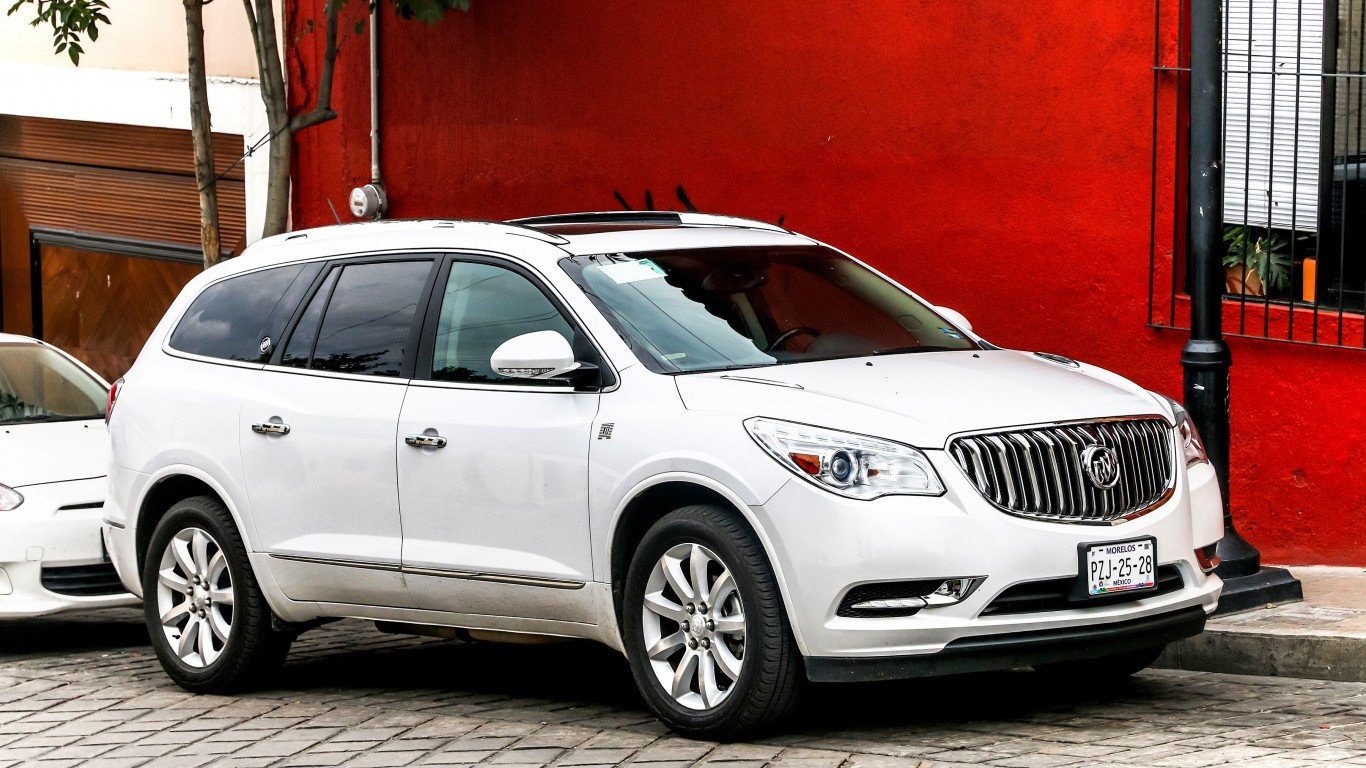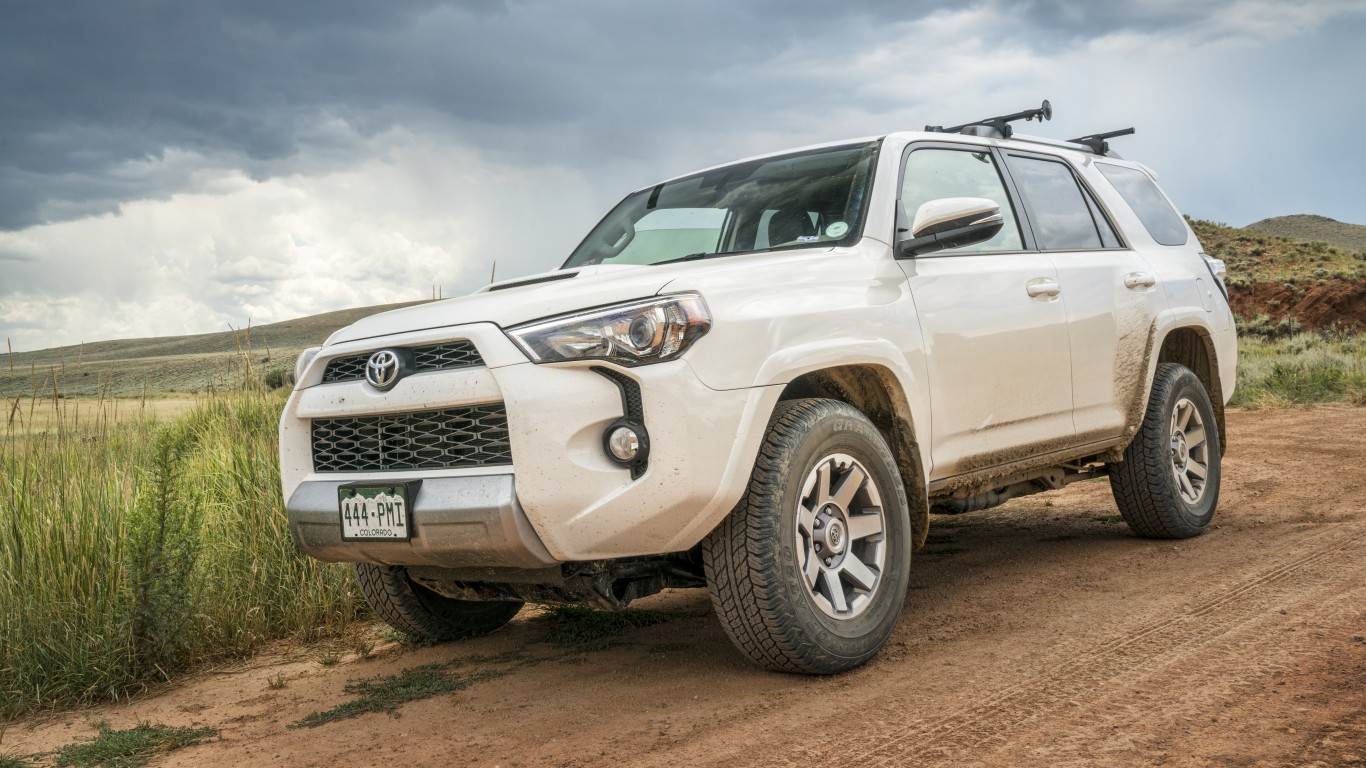

Car lots around America are empty. Dealers who do have cars often overcharge for them. Some manufacturers have had to shutter their assembly lines. Car company earnings have been battered. These problems have come, almost exclusively, from a shortage of the microchips used in electronic systems and infotainment systems.
Manufacturers and semiconductor companies say that the shortage will continue. The spread of the COVID-19 has hurt some production. Supply chains have been clogged, which has made the wait for chips even longer. The car shortage could continue until next year.
One by-product of the shortages is that some popular cars either are not in stock or when they hit showrooms they are gone in a very few days. For a few vehicles, the shortage has not affected supply enough to undercut availability.
To determine the car Americans do not want to buy, 24/7 Wall St. reviewed data provided by automotive data company iSeeCars on the new vehicles with the highest average days to sell from January through August of 2021. The 20 cars we considered take an average 85.9 days to sell.
The slowest-selling cars tend to be relatively inexpensive. Of the 20 vehicles we looked at with the highest average days to sell, 14 are priced well below the average price of a new car of $38,349.
Most of the slowest-selling cars in America are sedans or compact cars. Since 2015, sport utility vehicles have outpaced sedans in total sales, and the gap has widened significantly in the years since. American drivers now prefer the increased size, cargo room, capabilities and durability that SUVs offer compared to smaller vehicles.
The car Americans do not want to buy is the Chevrolet Trax, which has an average days to sell of 116.7. Its average price is $22,065.
Click here to see all the cars Americans do not want to buy.
Essential Tips for Investing: Sponsored
A financial advisor can help you understand the advantages and disadvantages of investment properties. Finding a qualified financial advisor doesn’t have to be hard. SmartAsset’s free tool matches you with up to three financial advisors who serve your area, and you can interview your advisor matches at no cost to decide which one is right for you. If you’re ready to find an advisor who can help you achieve your financial goals, get started now.
Investing in real estate can diversify your portfolio. But expanding your horizons may add additional costs. If you’re an investor looking to minimize expenses, consider checking out online brokerages. They often offer low investment fees, helping you maximize your profit.
Thank you for reading! Have some feedback for us?
Contact the 24/7 Wall St. editorial team.



